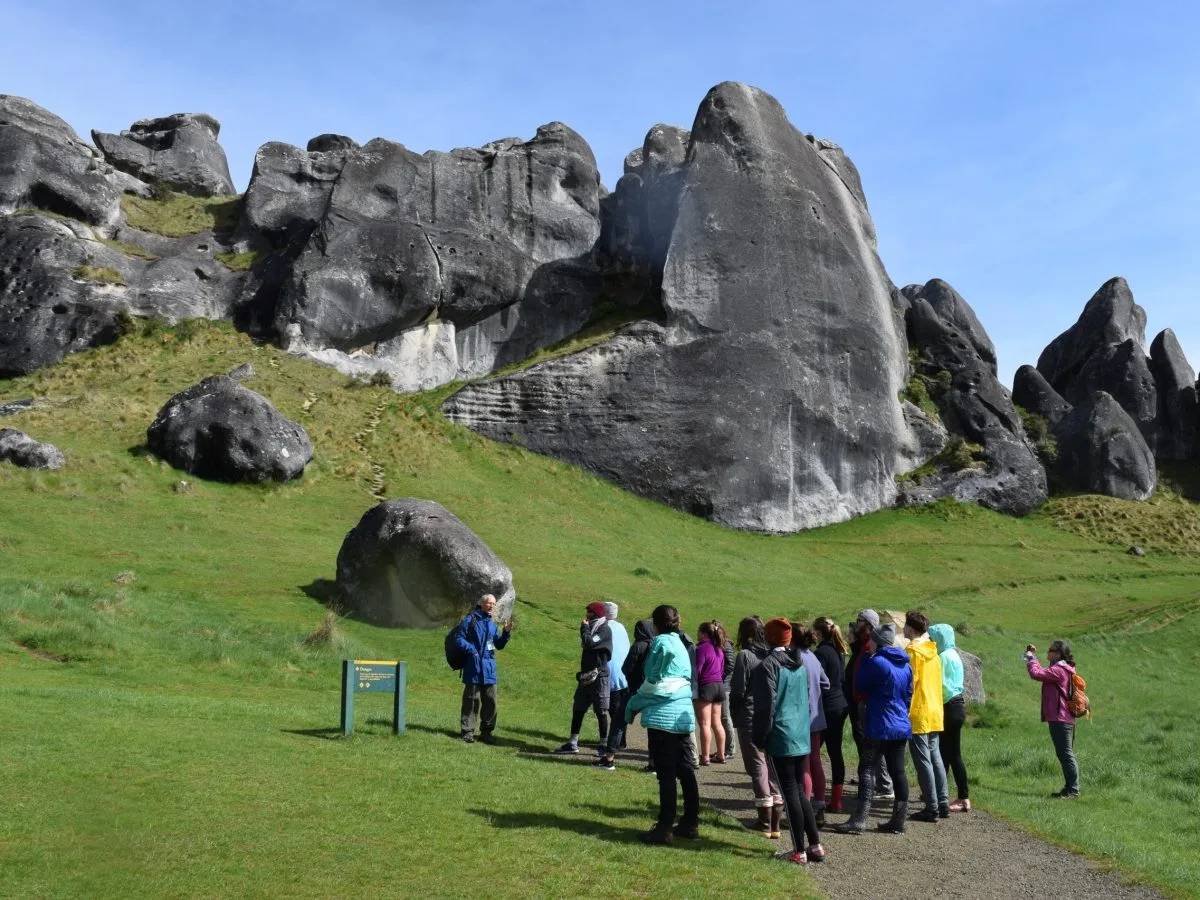Climate & Society: Aotearoa New Zealand - Fall 2025
We must also consider the possibilities found within social and political institutions, economic systems, cultural practices, and the creative forces of art, literature, and design. The humanities and social sciences contribute to knowledge of how our changing climate impacts human lives and societies, and they play a vital role in building strategies for global climate resilience and adaptation.
During the shore component, students will develop a semester-long research project, review essential climate humanities literature, and design a plan for original field research. Climate & Society will discuss a range of climate related issues including human migration and displacement, coastal and urban resilience, environmental justice, energy alternatives, and sustainable design.
The sailing component begins in Auckland, Aotearoa New Zealand, where students will examine climate change issues and local solutions with marine scientists and community leaders. Students will learn about coastal erosion mitigation strategies in Aotearoa New Zealand and explore the effects of climate change on agricultural production and foodways there. Through daily oceanographic surveys, “classroom” discussions, and navigational training while at sea, students participating in Climate & Society will gain a unique and valuable perspective of how climate change links oceanic and terrestrial systems. The Climate & Society cruise track returns to Auckland with a final onboard symposium featuring student presentations of field research and storytelling projects.
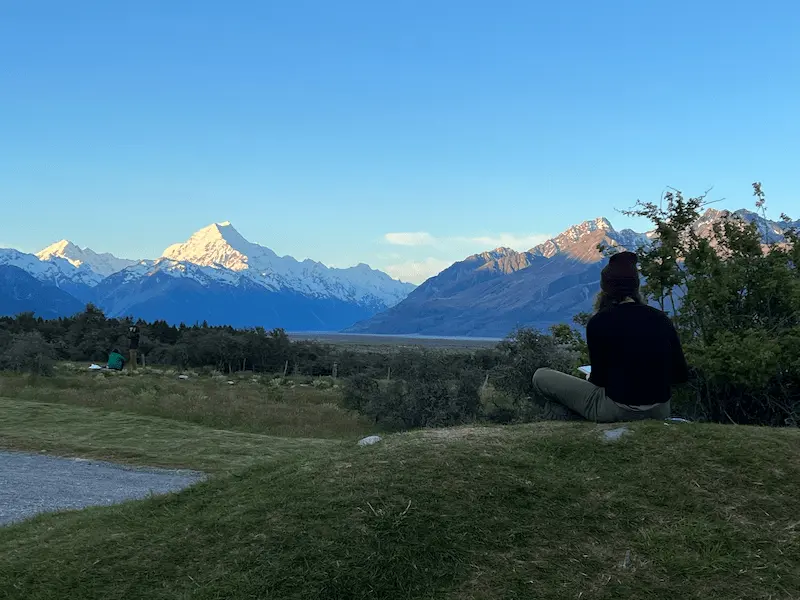
Learning Objectives
Locations
Auckland to Auckland, Aotearoa New Zealand
Port Stops
Auckland
Napier
Great Barrier Island
Remote Shore
Remote Shore
Some Well Needed Rest
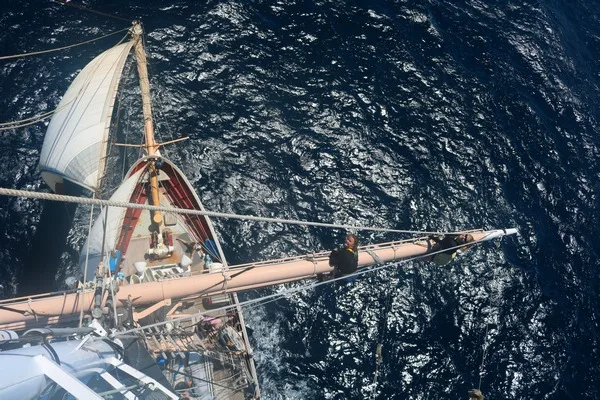
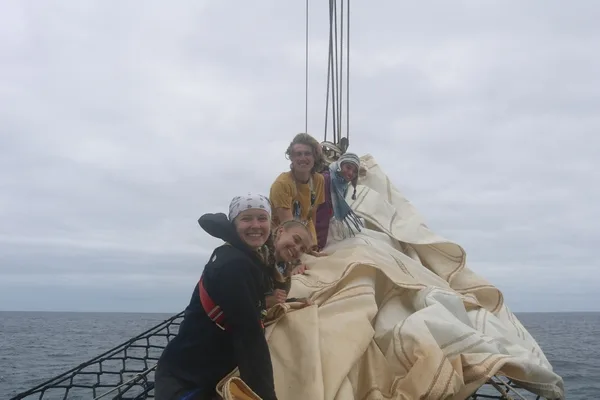
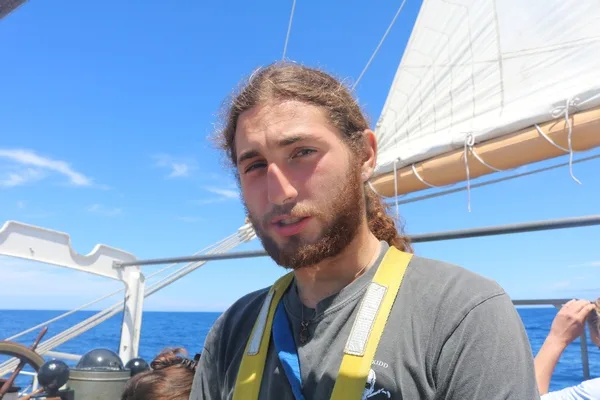
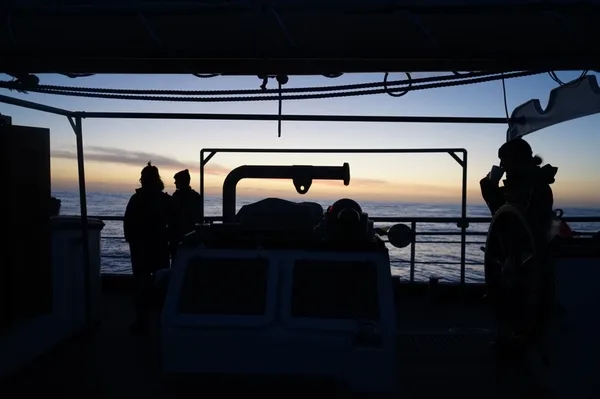
Academic Credit
Course Descriptions & Syllabi
This program carries 18 semester hour credits from Boston University for successful completion of the program.
Climate, Society, and the Humanities300 level, 4 credits, CAS NS 331
Survey of climate literature across humanities and social science disciplines. Explores interpretive and comparative approaches to understanding human-climate interactions in maritime contexts and identifies collaborative potential with the natural sciences. Requires interdisciplinary research, field journal writing, and team projects.
Environmental Communication300 level, 3 credits, CAS NS 332
Seminar focusing on communication skills development for environmental scholars. Introduces the field of environmental communication, examines environmental attitudes and behaviors, and develops a toolkit of communications strategies. Includes projects in data visualization, multi-media presentation and digital storytelling.
Leadership in a Dynamic Environment300 level, 3 credits, CAS NS 329
Be an effective leader while leveraging the individual strengths of a team. Use leadership theory and case studies to understand how decisions affect outcomes. Participate as an active member of a ship’s crew, progressively assuming full leadership roles.
The Ocean and Global Change200 level, 4 credits, CAS NS 326
Ocean ecosystem change in the anthropocene: warming, acidification, fisheries depletion, and pollution. Review principles of circulation, seawater chemistry, nutrient dynamics, and biological production to understand causes and consequences of change. Conduct field measurements for contribution to time-series datasets.
Practical Oceanographic Research200 level, 4 credits, XAS NS 226
Introduction to oceanographic research. Design a collaborative, hypothesis-driven project following the scientific process. Collect original data. Conduct analysis and interpretation, then prepare a written report and oral presentation.
